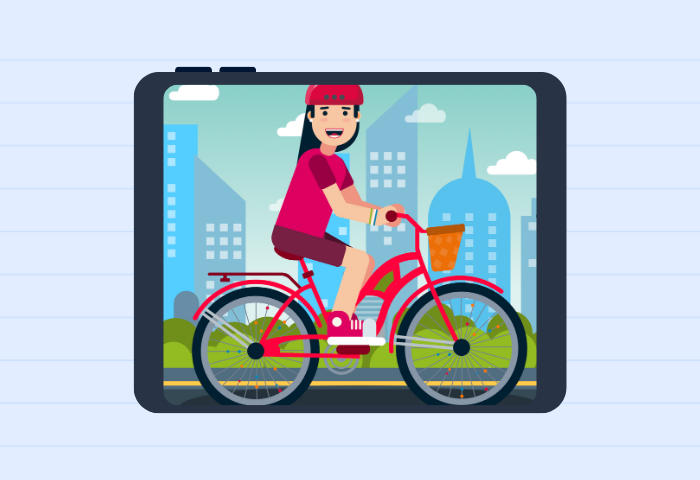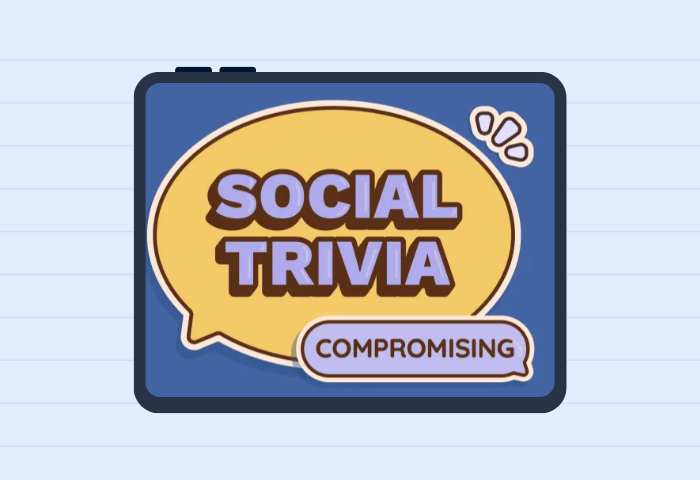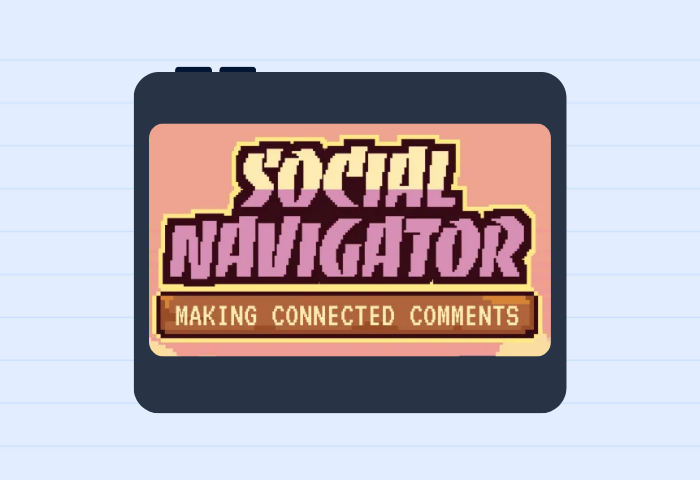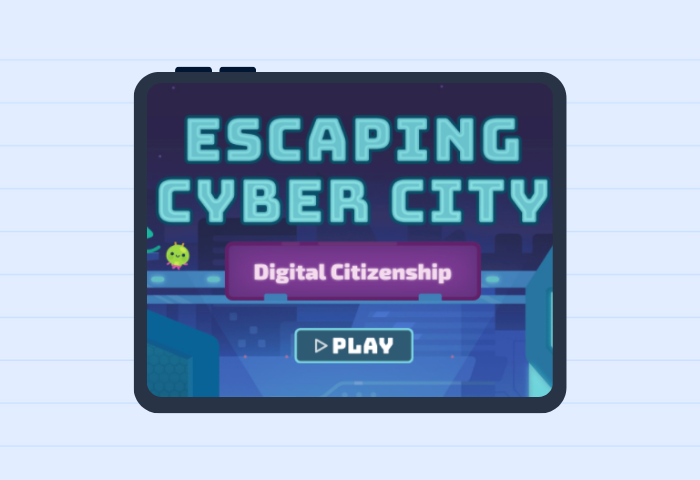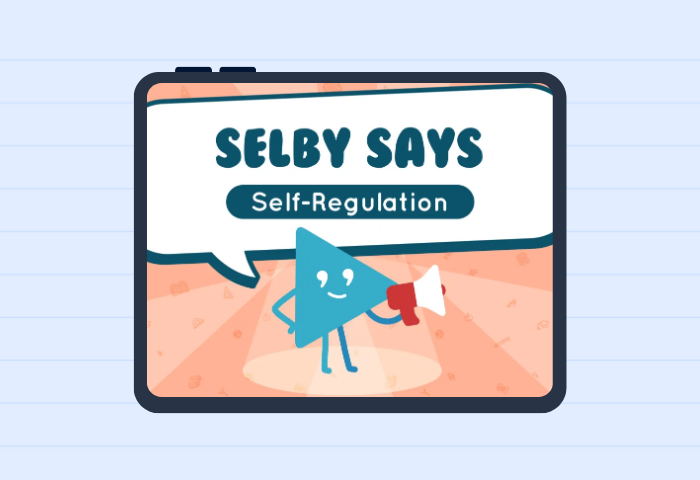ADHD and Social Skills
Get free social skills materials
No-prep lessons on self-regulation, emotional recognition, conversation skills, and more.
Sign up hereIt’s not uncommon to have an IEP student (or two, or three, or four) on your caseload who has attention-deficit/hyperactivity disorder (ADHD) AND a social skills goal. A lot goes into a successful social interaction! Students diagnosed with ADHD may also struggle with language disorders, picking up on social cues, staying on topic, and/or waiting for their turn to talk.
Related resources: See our full list of video modeling activities for teaching social skills.
ADHD and Executive Functioning Skills
Oftentimes, students who present with hyperactivity have difficulty utilizing their executive functioning skills to inhibit behaviors that might not be socially appropriate. This could look like a student who has difficulty self-regulating in social situations. Some students who present as inattentive may have difficulty attending to a conversation and engaging in a reciprocal conversation with peers.
Do any of these profiles sound like students on your caseload? If so, keep reading for some tips and strategies to add to your toolbox.
ADHD and Social Skills: Three Ways to Support Your Students
1.) Teach Self-Monitoring Strategies
Children with ADHD often have difficulty monitoring their social behaviors (Hoza, 2007). You can support them by teaching self-monitoring skills, which will help them to notice and adjust their behavior across social interactions. Try incorporating strategies, like Everyday Speech’s Self-Controller Scanner, in your SEL lesson plans.
2.) Give Immediate Feedback
Students with ADHD often react before thinking about the consequences of their actions (Gardner, Gerdes, 2013). By giving specific and immediate feedback to our students, we can help increase their social awareness in the moment. This applies to both positive or negative behaviors. Drawing attention to our student’s positive social behaviors is just as important as redirecting or addressing negative behaviors in the classroom.
3.) Use Role-Play
Role-play is an effective and appropriate way to teach and model appropriate social communication for our students. Start by using role-play scenarios in one or two areas that are most challenging for your student. For example, your student could practice skills related to having a reciprocal conversation, resolving a conflict with a peer, or demonstrating empathy.
We hope adding some of these tips and tools to your toolbox will have a positive impact on your students diagnosed with ADHD. Have more tips to share? Comment below to share what works best for you and your students!
Related Resources
- (Free Activity) My Self-Control Toolbox
“Creating lesson plans for my social skills groups was always a struggle. Making my own materials took a lot of time that I didn’t have. Since joining Everyday Speech, lesson planning has been so easy. I can have multi-modal lessons that my students actually enjoy, such as the Quiz Game Shows and the ‘What will happen next?’ videos. I use the materials for students in the fifth grade through high school, but there are lessons for all age and cognitive levels.”
– Stacy Jarvis, M.S., CCC-SLP

